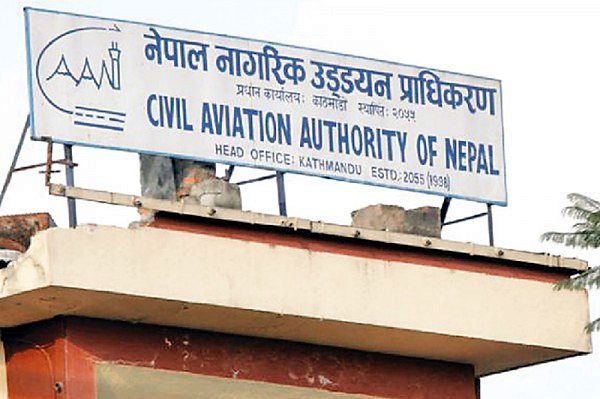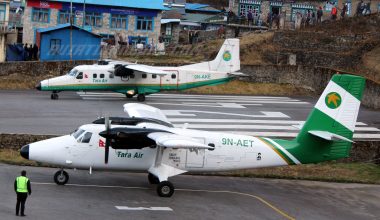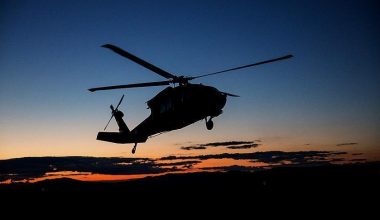Draft of Civil Aviation Bill 2016 raises questions among stakeholders
December 6, 2016- Kathmandu
The draft of Integrated Civil Aviation Bill 2016 given by Tourism Ministry has proposed for a separate regulatory body which will handle the uncanny aviation sector which needs to be supported by the stakeholders and lawmakers.
The stakeholders have divided views on the division of the Civil Aviation Authority Nepal (CAAN) into service provider and regulatory body. Some have opinioned that it’s too early to divide the authority while others have pointed the need of more analysis in that prospect.
The Minister of Tourism, Culture and Civil Aviation, Jeevan Bahadur Shahi has but barbed out to end the divergence about the bill who believes that the draft is essentially in reverberation.
The organizational structure and duties of CAAN have been tying up with one another making the functionality in the authority difficult while carrying out the regulation as well as service provision has meshed which has turned into an organizational hazard .
The International Civil Aviation Organisation’s (Icao) Universal Safety Oversight Audit Programme has also suggested that CAAN should be ripped to make the aviation sector more well-organized.
Shahi believes that the aviation bill will be in coordination with the requirements of ICAO and implementing it will take CAAN out of the safety list.
Lalit Bikram Shah, former regional director of Bangkok-based ICAO Asia and Pacific office and previous director general of CAAN, though, has different outlook about flouting CAAN into two parts stating that the country’s only international airport has been known as ‘roll and hold’ as aircraft have to stay on hold for longer period due to capacity constraints and with such problems prevailing around, differentiating CAAN into two bodies will deflect the real issues like relating to infrastructures completely.
Hari Bhakta Shrestha, previous director general of CAAN, said the draft is not apparent about the designation of aircraft accident and incident. According to him, in observation to the clauses of permitting the private sector to build and run airports, the draft bill is not lucid.
Removing airline representatives from the CAAN board is one of the vital elements of the proposed bill, but private airlines representatives are not pleased with the stipulation which questions if the problems of the private sector will reach to the concerned authorities. Dividing CAAN into two entities will also eradicate the one-window system for flight operation permits.
The drafted bill has not talked about human resource expansion and the continuation of the civil aviation academy and is even quiet about the tenure of the ongoing airport projects and is also not clear on foreign investments.







